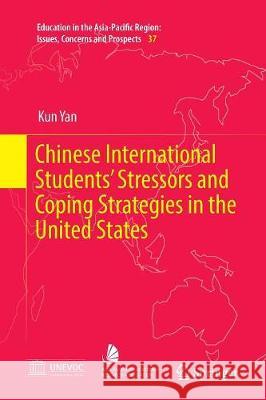Chinese International Students' Stressors and Coping Strategies in the United States » książka
topmenu
Chinese International Students' Stressors and Coping Strategies in the United States
ISBN-13: 9789811098499 / Angielski / Miękka / 2018 / 145 str.
Chinese International Students' Stressors and Coping Strategies in the United States
ISBN-13: 9789811098499 / Angielski / Miękka / 2018 / 145 str.
cena 201,72
(netto: 192,11 VAT: 5%)
Najniższa cena z 30 dni: 192,74
(netto: 192,11 VAT: 5%)
Najniższa cena z 30 dni: 192,74
Termin realizacji zamówienia:
ok. 22 dni roboczych
Bez gwarancji dostawy przed świętami
ok. 22 dni roboczych
Bez gwarancji dostawy przed świętami
Darmowa dostawa!
Kategorie:
Kategorie BISAC:
Wydawca:
Springer
Seria wydawnicza:
Język:
Angielski
ISBN-13:
9789811098499
Rok wydania:
2018
Wydanie:
Softcover Repri
Ilość stron:
145
Waga:
0.24 kg
Wymiary:
23.39 x 15.6 x 0.91
Oprawa:
Miękka
Wolumenów:
01











